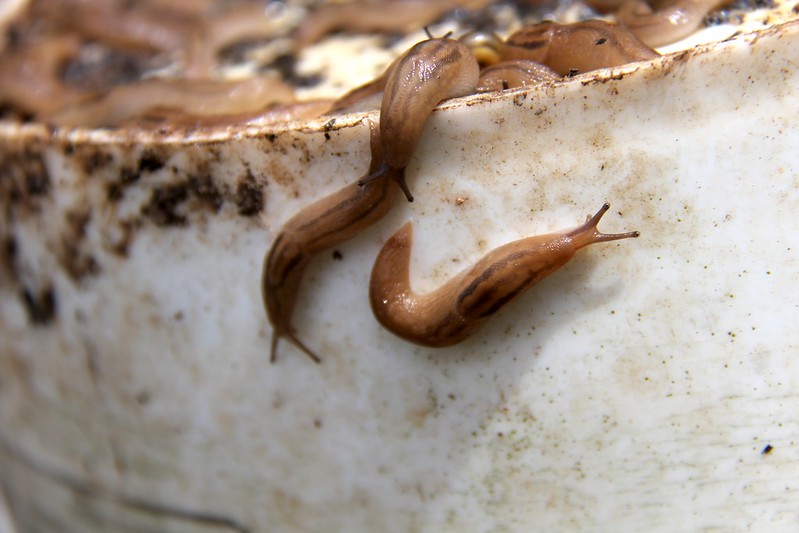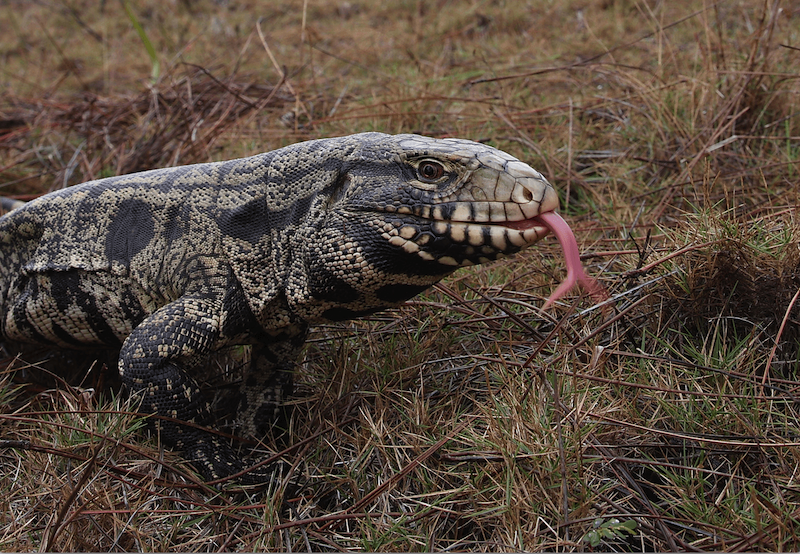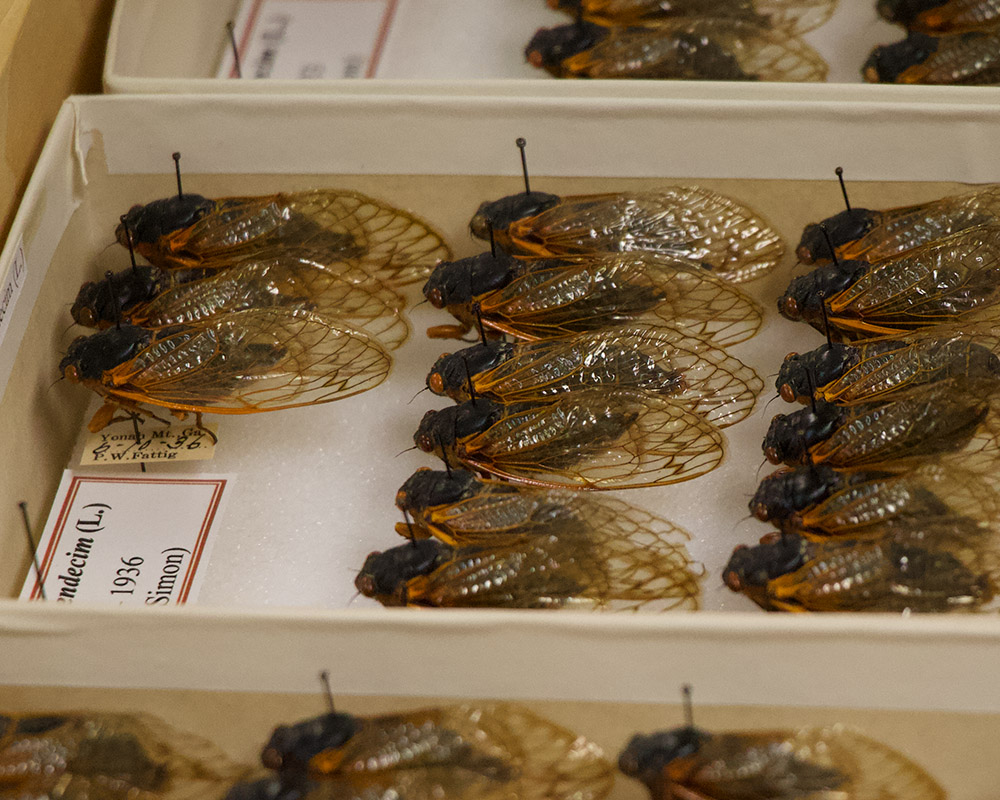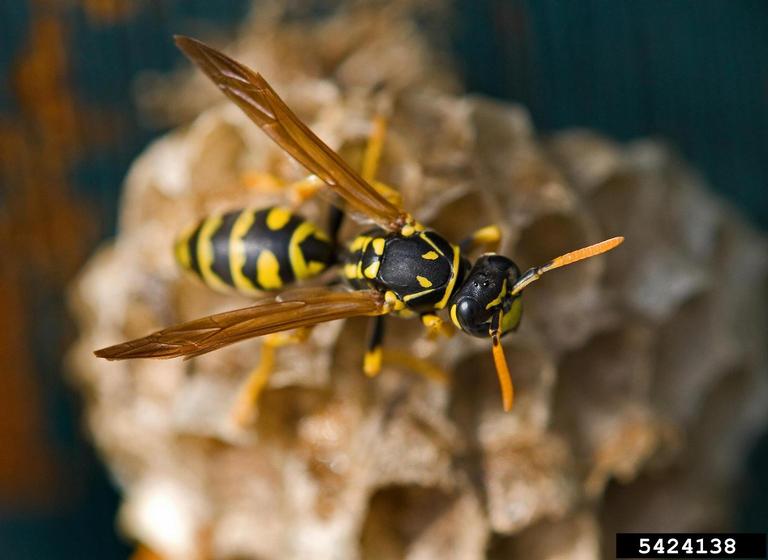 CAES News
CAES News
Stinging Biting Insects
As autumn approaches and the stifling heat of summer begins to cool down, spending more time outdoors may be on your radar. But, as Georgia is home to many stinging and biting insects, fall fun can turn into a minefield of discomfort. Elmer Gray, a research entomologist with the University of Georgia College of Agricultural and Environmental Sciences and specialist for UGA Cooperative Extension, shares information on some of the season's most common culprits, urging residents to stay vigilant and take preventive measures.

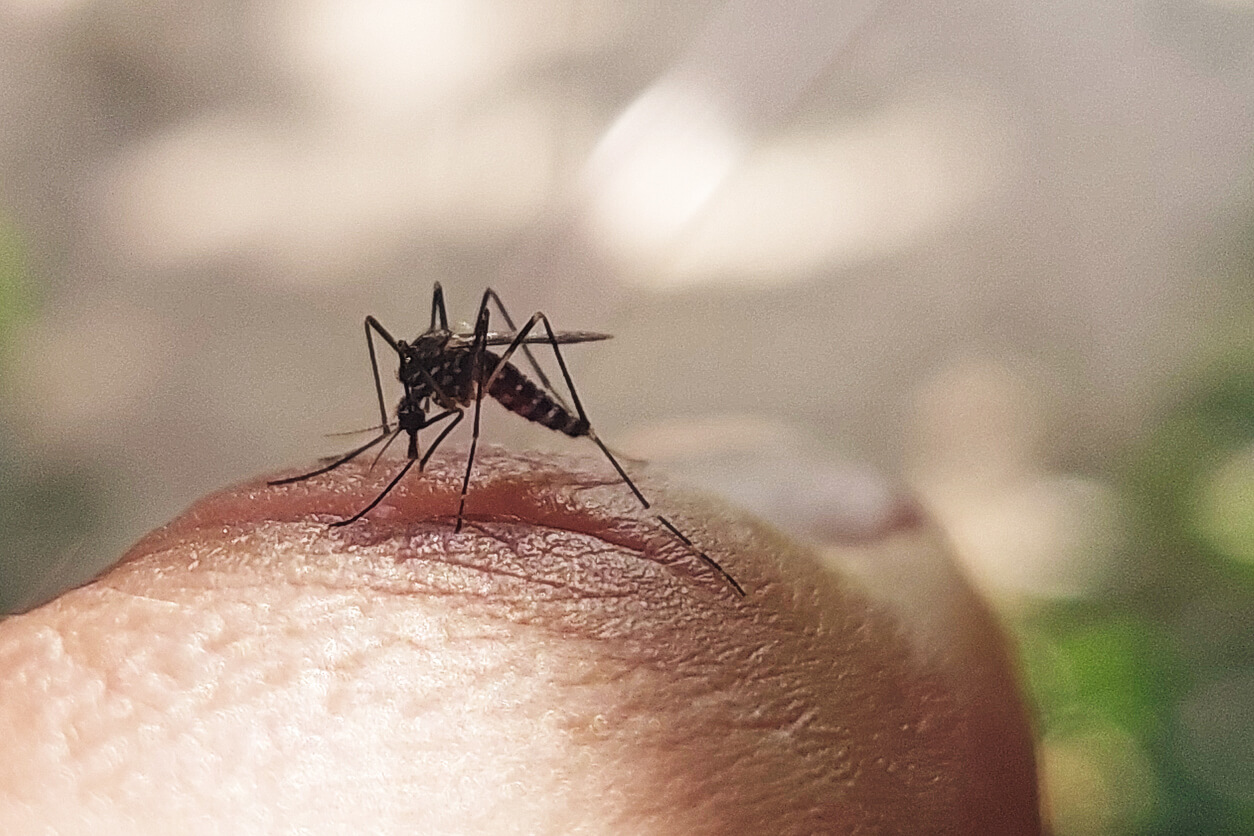
.jpg)
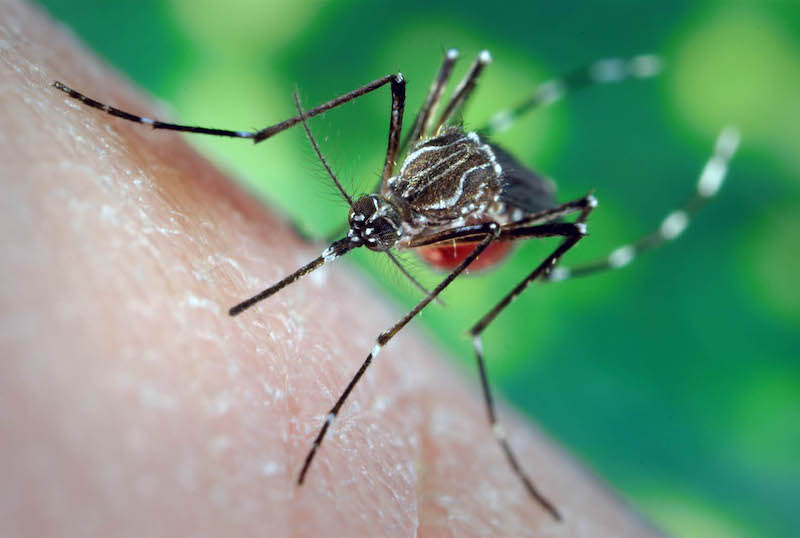
.jpg)

